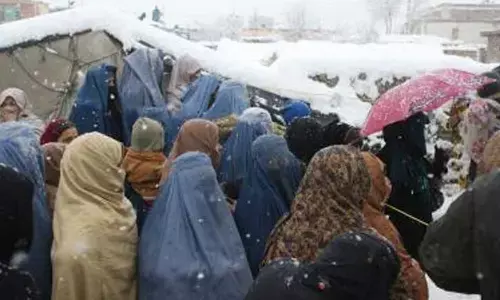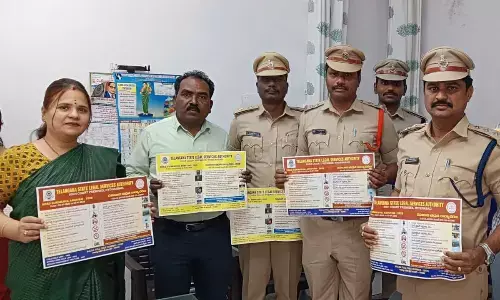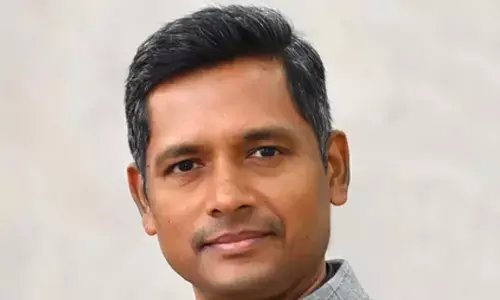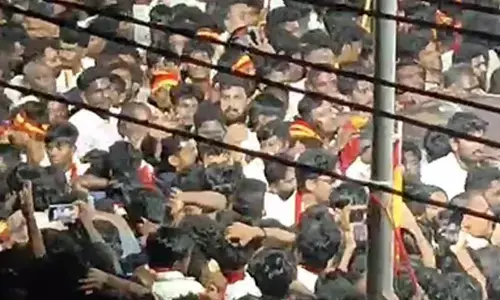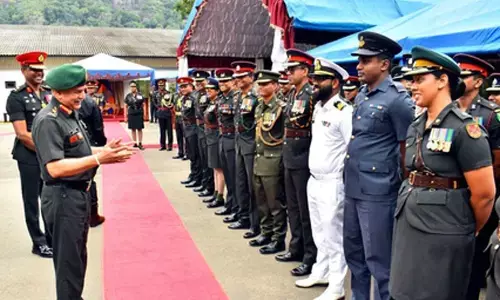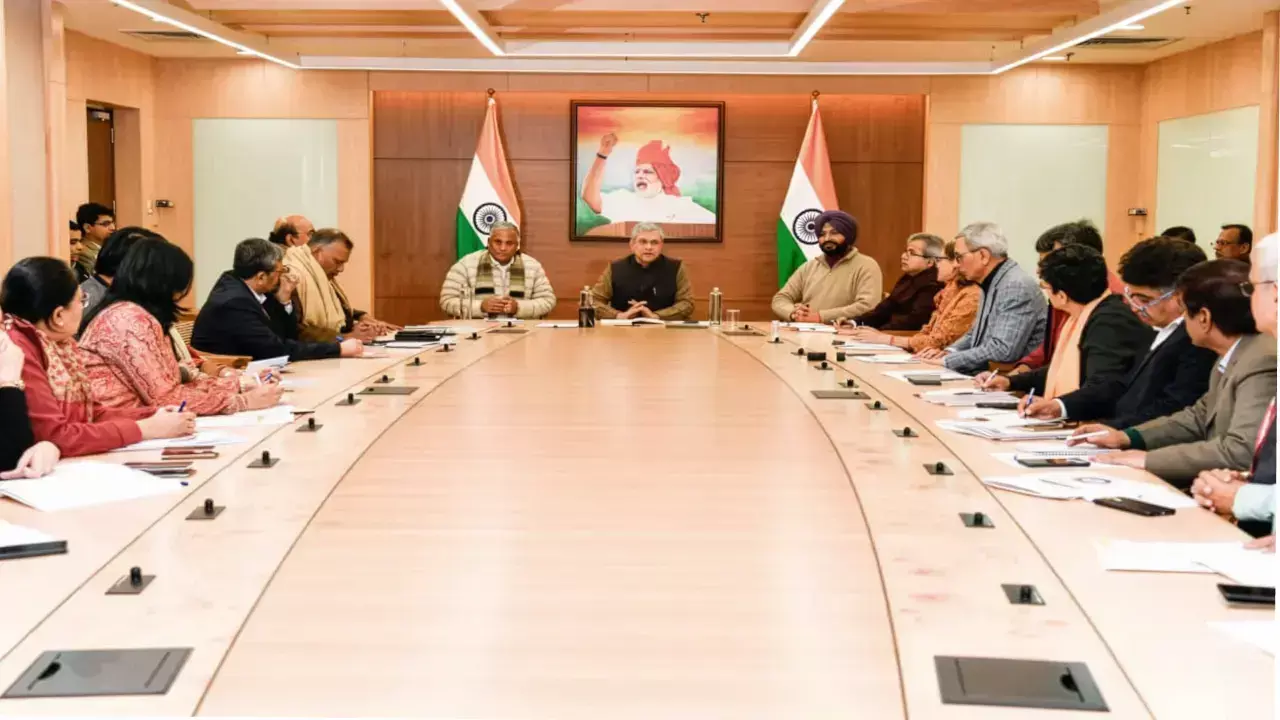Court acts as protector & defender of fundamental rights and liberties: CJI
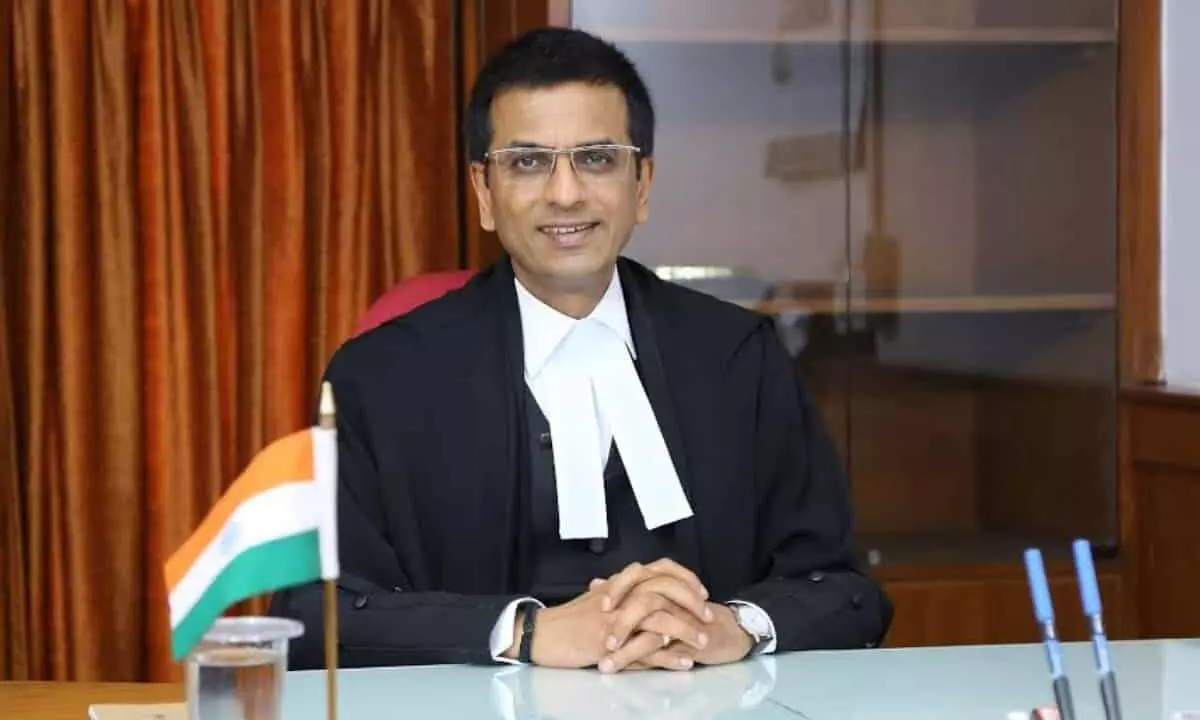
Court acts as protector & defender of fundamental rights and liberties: CJI
The Chief Justice of India (CJI), D.Y. Chandrachud said on Saturday that for the court, there are no big and small cases - every matter is important, and the court has sought to use the language of the Constitution to humanise law and act as the protector and defender of fundamental rights and liberties
New Delhi: The Chief Justice of India (CJI), D.Y. Chandrachud said on Saturday that for the court, there are no big and small cases - every matter is important, and the court has sought to use the language of the Constitution to humanise law and act as the protector and defender of fundamental rights and liberties.
Addressing a programme to mark the 73rd anniversary of the establishment of the Supreme Court, the Chief Justice said: "If we peruse the history of this court, we realise that the history of the Supreme Court is the history of the daily life struggles of the Indian people."
Citing the daily case mentioning list, he stressed that through these seemingly requests, one can sense the pulse of the nation.
"Above all, the message in this uniquely citizen-centric initiative is an assurance that the court exists to protect our citizens from injustice, their liberties are as precious to us and that the judges work in close connect with the citizens," he said.
Chandrachud emphasised that for the court, there are no big or small cases, as every matter is important, and because it is in the seemingly small and routine matters involving grievances of citizens that issues of constitutional and jurisprudential importance emerge.
"In attending to such grievances, the court performs a plain constitutional duty, obligation and function," he said, adding that the Supreme Court serves the world's most populous democracy and is in true aspect a 'people's court' because it is a collective heritage of the citizens of India.
The Chief Justice added that the court has also ensured that the criminal justice administration is not de-linked from the framework of human rights.
He said, for instance, while the death penalty has been upheld to be legal, the Supreme Court laid down various mitigating and aggravating circumstances that a judge should take into account before awarding the death sentence.
"This ensures fairness in the process. Psychiatric assessment of death row convicts is a humanising influence on the law. Thus, the court has sought to use the language of the Constitution to humanise law and act as the protector and defender of fundamental rights and liberties," he said, adding that the Supreme Court has made a constant endeavour to ensure access to justice for everyone.
Citing public interest litigation (PIL), he said anyone can approach the constitutional courts in India to seek redressal of a violation of the fundamental rights of any person.
"By doing so, the court opened its door to persons bereft of means to approach the courts because of their social and economic disadvantages. This has provided a space for citizens to converse with the state on equal terms. In turn, the court has been using its jurisdiction to make the 'rule of law' a daily reality for persons belonging to marginalised communities," the Chief Justice said.
He also said that in the recent Budget, the Centre has announced a provision of Rs 7,000 crore for Phase III of the e-Courts project.
"This will help enhance the accessibility of the judicial institutions and improve the efficiency of the justice delivery system in India. Such endeavours will ensure that the court truly reaches out to every citizen of our country," Chandrachud said.
He also pointed out that between March 23, 2020 and October 31, 2022, the Supreme Court alone heard 3.37 lakh cases through video conferencing.
The Chief Justice of Singapore, Justice Sundaresh Menon, also delivered a lecture on the topic 'Role of judiciary in a changing world'.
The apex court came into existence on January 28, 1950, two days after India became a Republic on January 26.








